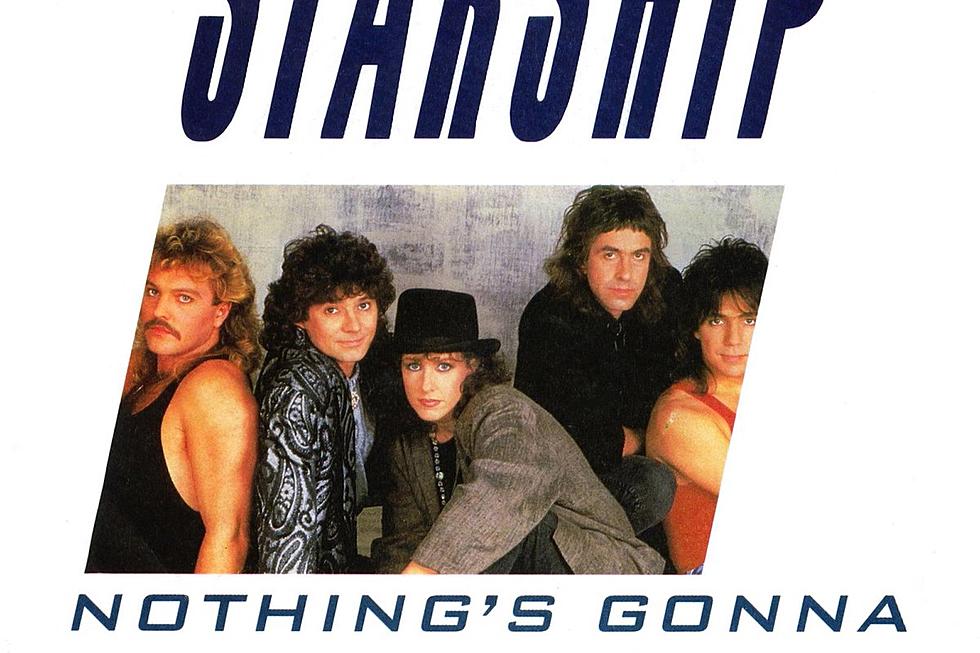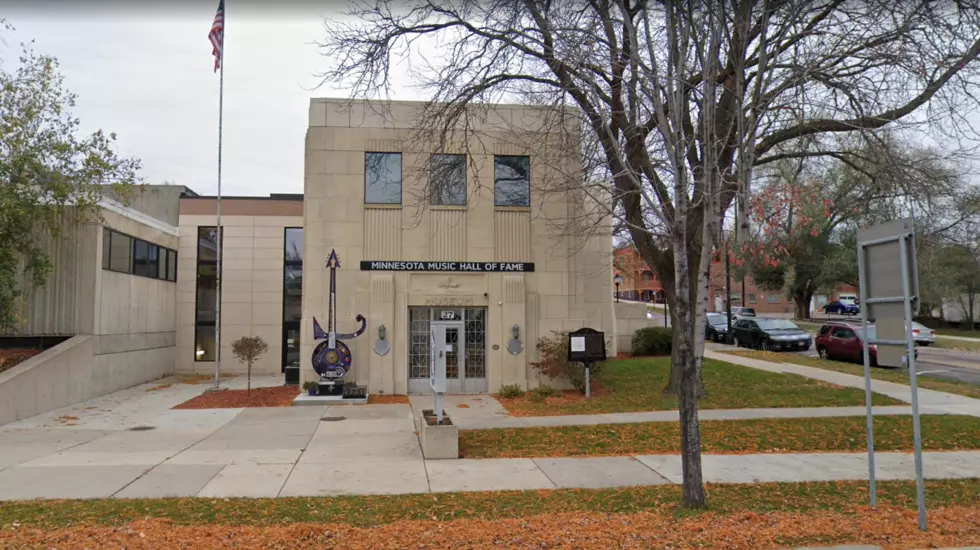
35 Years Ago: How ‘Nothing’s Gonna Stop Us Now’ Split Starship
On paper, Starship's "Nothing's Gonna Stop Us Now" has all the markings of a career-capping triumph.
It became their third chart-topping song in a year and a half, Starship's first-ever No. 1 in England and their best-selling single ever. "Nothing's Gonna Stop Us Now" then earned an Oscar nomination after being featured in the hit Andrew McCarthy and Kim Cattrall rom-com Mannequin.
Too bad the single's title was such a cruel joke.
Released on Jan. 30, 1987, "Nothing's Gonna Stop Us Now" ushered out longtime bassist Pete Sears, then became the last hit single with a principal vocal from Grace Slick. Stalwart guitarist Craig Chaquico split one album later.
The synth-focused power ballad, co-written by Diane Warren and Albert Hammond, had bothered Slick from the outset.
"I don't like to sing songs where I don't believe the lyrics," she later told Jeff Tamarkin. "Diane Warren is an amazing pop songwriter, and she, I’m assuming, believes in that state where you’re in love, you get kind of crazy. But I’m older now. I am damn near 50, and I'm singing, 'Nothing's gonna stop us now.' I know goddamn well how fast a relationship can come apart. So I'm getting up onstage and I'm thinking, 'Yeah, right.' It's distracting and disconcerting to me."
She'd depart at just the right time, as a backlash perhaps inevitably grew around Starship. They were at the very top of their mid-'80s chart dominance at this point, however, creating transportive songs that couldn't have been made – or had such success – in any other time.
"Of course, in retrospect when you look at my whole career, it was a very short period – but it was a short period that produced three No. 1 singles in 18 months," Thomas said in 2013, with a laugh. "That's what people remember the most. Even though my career, and Starship's career, has encompassed so much more than just that pop period. Those are the songs that have the lasting value, though. They're the kind of fabric of people's lives."
Watch the Video for Starship's 'Nothing's Gonna Stop Us Now'
"Nothing's Gonna Stop Us Now" was the first record to chart in the U.K. by any incarnation of the band, dating back to Jefferson Airplane. "It was big internationally – something we had never experienced before," Thomas told The Oklahoman in 1987. It was Warren's first No. 1, too.
Still, this was a long way from Jefferson Airplane's Slick-sung "White Rabbit," or even Thomas' harder-edged earlier material with Jefferson Starship, like "Jane" and "Find Your Way Back." Sears, who joined just before 1974's Dragon Fly, had finally had enough. A series of fill-in players took over on the rest of 1987's No Protection, including co-producer Peter Wolf.
"The directions we were taking weren't really compatible with the kind of music that Pete wanted to play," Thomas told the Orlando Sentinel in 1987. "There are always a few bands around that are still making music on a very raw, human, emotional level. But for Starship's sound – and for most bands right now – to maintain state-of-the-art in making records, it's very high-tech. It involves a lot of machines as opposed to just pure raw emotion."
Then 47, Slick became the oldest woman to earn a U.S. No. 1 single, though she was later surpassed by the 52-year-old Cher with "Believe" in 1999. But Slick was wearing down, just as Starship's touring obligations were ramping up. Their reliance on outside writers for singles material meant that Starship albums weren't as lucrative as they used to be.
"We're going to have to keep touring to make ends meet," Slick told UPI in 1987. "We didn't make any money from those hits, because we didn't write the songs. ... In order to stay alive, we have to keep going out on tour year after year."
By February 1988, she was gone. Drummer Donny Baldwin was next, after a scary physical altercation with Thomas. Chaquico, another of the band's original members, wasn't far behind. The era's increasing mechanization meant less and less space for real instruments or even real collaborators. Honestly, there wasn't much of a band to leave.
"At the end of the day, all that was left was Mickey Thomas and me. That's when I started to lose the mojo," Chaquico said in 2012. "Even though I had been through all of those changes, there was always a band around me. Someone would leave, but someone else would take their place. There was a synergy and camaraderie. This time, when everybody left, the idea was to keep the two of us and then hire people to do the albums and tour. I thought, well, maybe it's time for me to leave too."
Starship was stopped ... for now. They wouldn't release another studio project until 2013's Loveless Fascination, and Thomas was the only holdover from their '80s-era lineups.
Legends Who Never Had a No. 1 Single
More From KYBB-FM / B102.7









